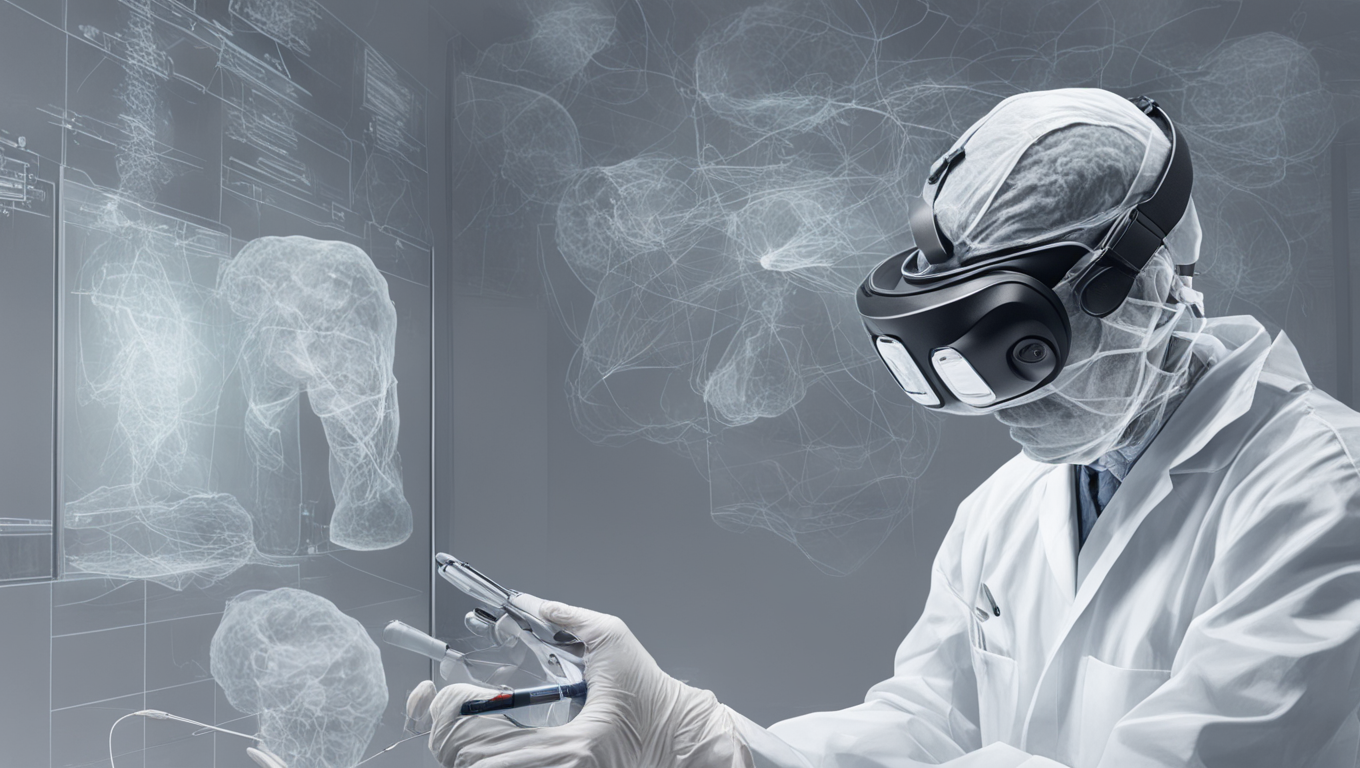Once their scalpels reach the edge of a brain tumor, surgeons are faced with an agonizing decision: cut away some healthy brain tissue to ensure the entire tumor is removed, or give the healthy tissue a wide berth and risk leaving some of the menacing cells behind.
Now scientists in the Netherlands report using artificial intelligence to arm surgeons with knowledge about the tumor that may help them make that choice. The method, described in a study published Wednesday in the journal Nature, involves a computer scanning segments of a tumor’s DNA and alighting on certain chemical modifications that can yield a detailed diagnosis of the type and even subtype of the brain tumor. That diagnosis, generated during the early stages of an hourslong surgery, can help surgeons decide how aggressively to operate, the researchers said. In the future, the method may also help steer doctors toward treatments tailored for a specific subtype of tumor.
“It’s imperative that the tumor subtype is known at the time of surgery,” said Jeroen de Ridder, an associate professor in the Center for Molecular Medicine at UMC Utrecht, a Dutch hospital, who helped lead the study. “What we have now uniquely enabled is to allow this very fine-grained, robust, detailed diagnosis to be performed already during the surgery.”
Their deep learning system, called Sturgeon, was first tested on frozen tumor samples from previous brain cancer operations. It accurately diagnosed 45 of 50 cases within 40 minutes of starting genetic sequencing. In the other five cases, it refrained from offering a diagnosis because the information was unclear.
The system was then tested during 25 live brain surgeries, most of them on children, alongside the standard method of examining tumor samples under a microscope. The new approach delivered 18 correct diagnoses and failed to reach the needed confidence threshold in the other seven cases. It turned around its diagnoses in less than 90 minutes, the study reported — short enough for it to inform decisions during an operation.
Currently, in addition to examining brain tumor samples under a microscope, doctors can send them for more thorough genetic sequencing. But not every hospital has access to that technology. And even for those that do, it can take several weeks to receive results, said Dr. Alan Cohen, the director of the Johns Hopkins Division of Pediatric Neurosurgery and a cancer specialist.
The development of this artificial intelligence tool has the potential to revolutionize brain tumor surgery. Surgeons and patients alike are often faced with challenging decisions regarding the balance between removing the tumor and preserving healthy brain tissue. This AI tool, called Sturgeon, scans segments of a tumor’s DNA to provide a detailed diagnosis, including information on the tumor subtype.
Dr. Jeroen de Ridder, who led the study, emphasizes the importance of knowing the tumor subtype at the time of surgery, stating that this new method allows for a “very fine-grained, robust, detailed diagnosis to be performed already during the surgery”. This real-time information gives surgeons valuable insight into how aggressively to operate and may also aid in tailoring treatments based on the tumor subtype.
The researchers tested Sturgeon on frozen tumor samples from previous brain cancer operations, accurately diagnosing 45 out of 50 cases within 40 minutes of genetic sequencing. During live brain surgeries, the system delivered 18 correct diagnoses in less than 90 minutes, providing timely information to guide surgeons' decision-making process.
By providing this on-the-spot diagnosis, the AI tool eliminates the need for hospitals to rely solely on examining tumor samples under a microscope or wait for weeks to receive genetic sequencing results. This technology could significantly improve patient outcomes, especially in hospitals without access to advanced genetic sequencing technology.
Dr. Alan Cohen, a cancer specialist, lauds the potential of this AI tool, stating, “This is a step toward moving precision medicine more deeply into the field of neurosurgery.” The ability to make quick and accurate diagnoses during brain surgeries has the potential to transform patient care and improve the chances of complete tumor removal while minimizing damage to healthy brain tissue.
As AI tools like Sturgeon continue to advance and gain acceptance within the medical community, the future of brain tumor surgery looks promising. Surgeons will be equipped with the knowledge they need to operate with confidence, leading to better outcomes for patients and a higher level of precision medicine in the field of neurosurgery.
(Article adapted from The New York Times)





Use the share button below if you liked it.